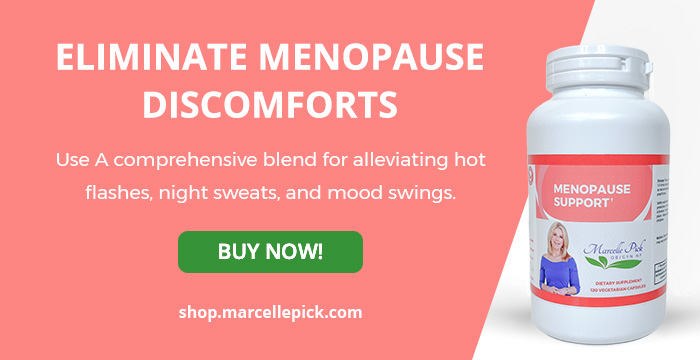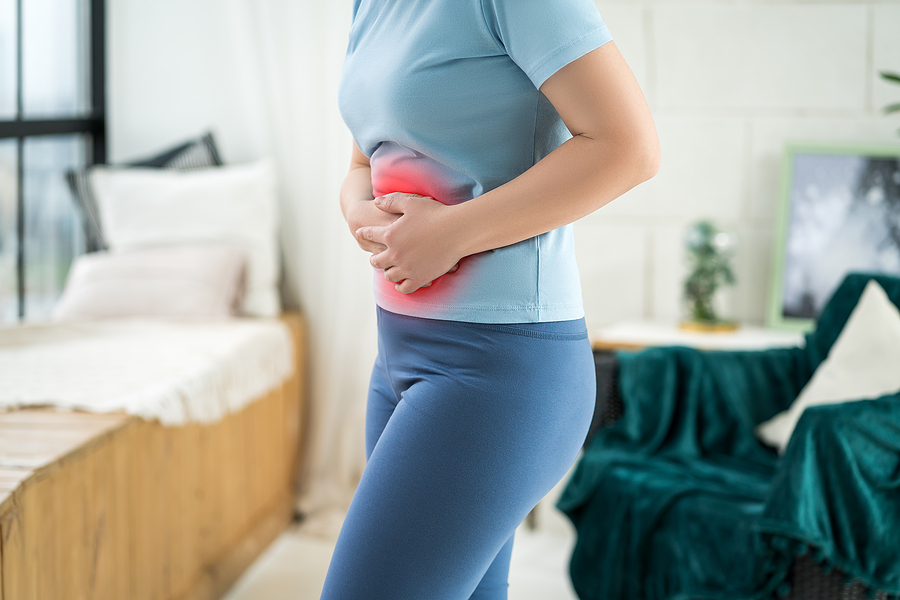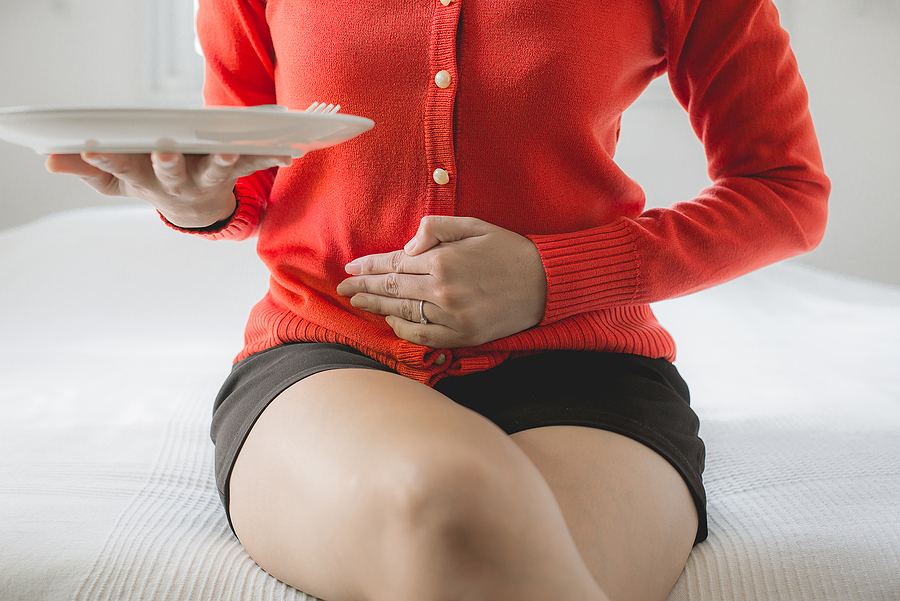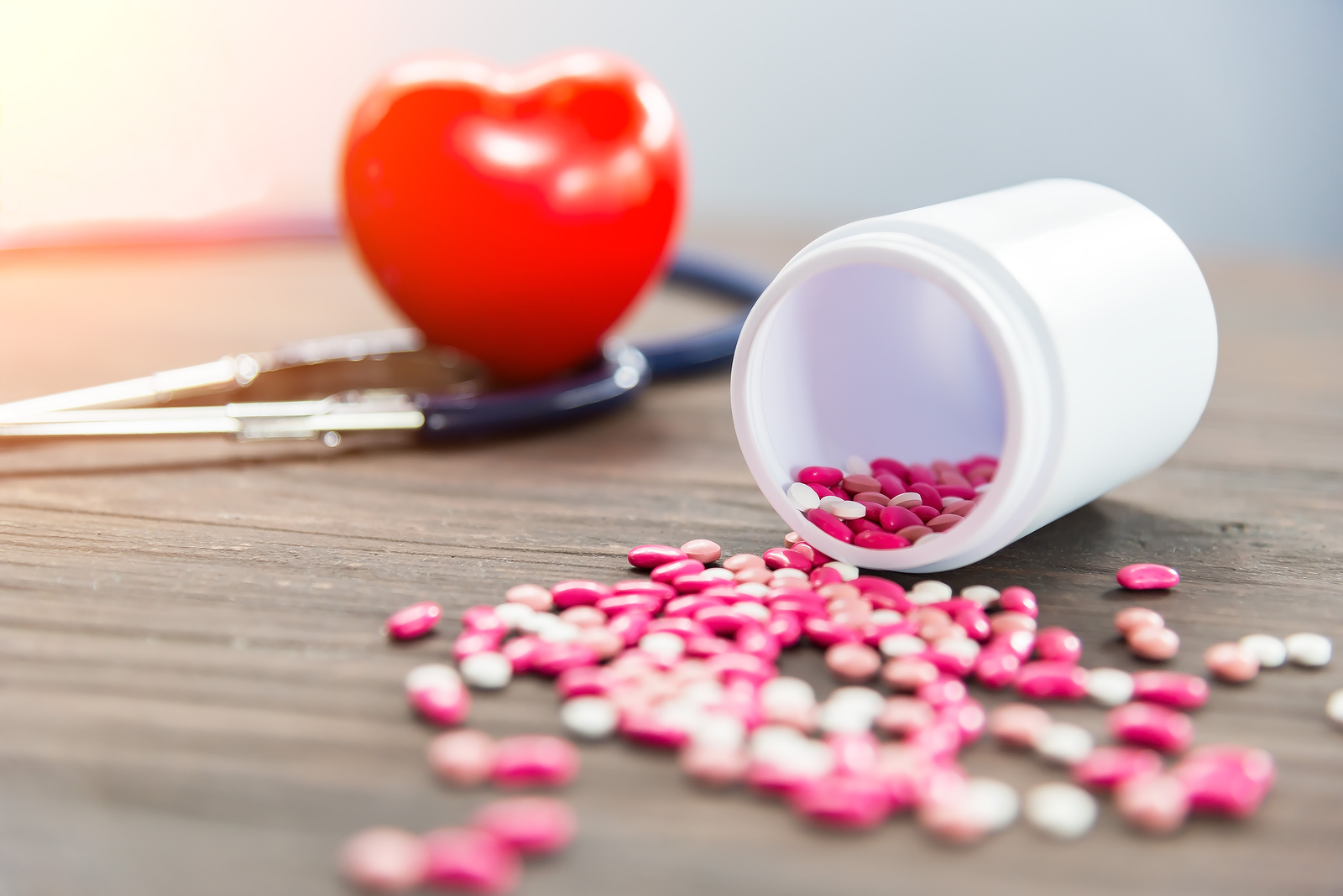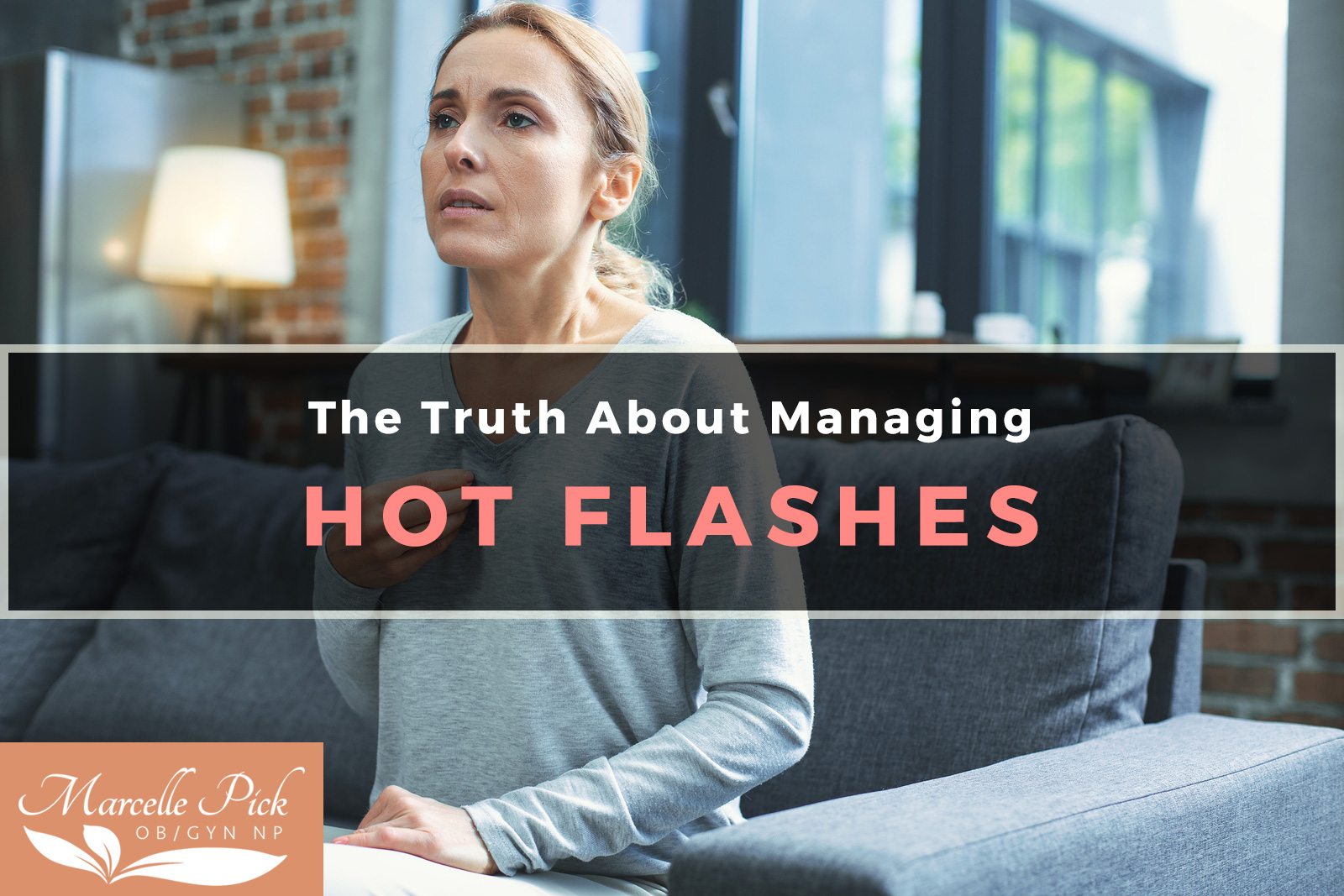While there have been some incredible medical advances over the past few decades, at the Women to Women clinic, we see more women than ever with debilitating PMS and perimenopause symptoms. That is because many of these hormonal balance, adrenal and thyroid symptoms are created and/or exacerbated by our lifestyle choices.
With the changes to factory farming, the rise of fast and convenience food, eating out more, working longer, sitting more, sleeping less, the prevalence of stress, and the excesses of exercise, alcohol and caffeine we employ to cope, more women than ever are struggling with painful or uncomfortable PMS or perimenopause symptoms.
The good news is that if we are causing or worsening our symptoms, then we can improve and even alleviate them. Let’s look at some of the factors that may be making your PMS and perimenopause symptoms worse and what we can all do to help our bodies heal, whether you are experiencing symptoms or not.
(I have a lot more information on each of these triggers on my website, so I’m going to keep the details short and to the point. If you want more information, check out our articles here.)
Top PMS and Perimenopause Triggers
Sleep
Many of my patients struggle to get a good night’s sleep, but it’s so important! One study showed that after two weeks of sleeping for only 6 hours a night, your body reacts and functions as if you had been up for 48 hours straight! Sleep is vital to health and wellness and, most of all, restoring balance and healing. That’s because so many of our body’s healing processes take place at night while we are sleeping. If your sleep is disrupted, so is your healing. That means your hormonal imbalance and your symptoms will seem worse.
So what can you do if you aren’t getting enough sleep?
I know we are all so busy, but try making a plan to get 7-8 hours of sleep every night for two weeks straight. My bet is you’ll feel so good after a few weeks that it will become a priority! Turn off the TV and read before bed. Try a warm bath with Epsom salts or take a magnesium supplement before bed, especially if you wake up and have trouble going back to sleep. (Magnesium has been shown to aid in falling – and staying – asleep; and most of us are deficient.).
Keep your room cool and dark and avoid reading, watching or discussing anything intense or stressful (like the news or problems at work or with the kids) in the hours before bedtime. If your mind is busy or you have difficulty relaxing, try my Sleep Support Formula that supports relaxation and sleep.
Stress
Stress has reached epidemic proportions and it is proven to disrupt hormones and menstrual cycles, leading to more painful periods and more entrenched perimenopause symptoms. I’m not going to be the first one to tell you that finding a way to slow down and relax is critical for your health and your hormonal balance; I’m sure you’ve heard it before. The research proves that the negative health impacts of living under ongoing stress include not only worse PMS or perimenopause symptoms, but adrenal fatigue or burn-out, heart disease, stroke, cancer and more.
So what can I do about my stress?
There are many ways to reduce stress. What is most important is that you find the one(s) that you enjoy and will stick with. Meditation, tai chi, yoga, deep breathing, journaling, art or music therapy are all great stress relievers, as are spending time in nature, being active outdoors, a nice long walk, or being with loved ones and laughing.
Try combining a few to pack a more powerful punch – take a yoga class with a friend, or a walk with a loved one. Plan activities on the weekend, over lunch, or after work that excite you, inspire your creativity, or just get you to slow down and breathe, laugh or smile.
Diet
Food is probably the biggest symptom trigger. It’s hard to eat well in today’s world: even when your intentions are good, the nutrient level in food is not what it used to be. Food today also contains hormones, chemicals, pesticides and allergens that disrupt our hormone system. Most of my patients are out of balance from low-fat diets, too much refined sugar and flour and processed foods, dairy (which often contains hormones that will tilt your system out of balance), carbohydrates, gluten, dieting, or eating irregularly throughout the day instead of steady meals and snacks that start with a healthy breakfast and end at least three hours before bed.
So what can I do about my diet?
Your goal should be to reduce or eliminate foods that disrupt hormones such as alcohol, caffeine, sugar, white flour, processed foods, excess carbohydrates, dairy (especially non-organic), gluten, and non-organic fruits and vegetables as many pesticides contain environmental estrogens that will disrupt your hormone balance.
Instead, look for high quality REAL foods and try to combine high-quality protein, fats and fiber (such as vegetables and other slow-release carbohydrates) at every meal. Look for organic whenever possible. When it comes to animal products, wild such as salmon, venison, bison, or grass-fed beef are better. Think of it as a re-set for your hormones and try to take two weeks to make thoughtful food choices. Most of my patients say that they feel so much better after two weeks that they never want to go back to their old way of eating again!
Excess
Good sleep, good food, regular movement throughout your day to reduce periods of sitting, exercise, and relaxation are all important for healing. Often, however, when our lives get out of balance, we adopt coping mechanisms to make it through. Over time, if the situation doesn’t change, those become habits that can derail our health.
Excess caffeine (more than a cup or two of coffee daily, or relying on the coffee to get up or to make it through the afternoon) will wreak havoc on your hormones. So will too much alcohol; it’s just like sugar and will raise your blood sugar levels followed by a crash, making hormonal balance — and possibly restful sleep if you drink at night — impossible.
While exercise is great for health and hormonal balance, too much exercise/extreme exercise can lead to exacerbated symptoms as well, as it may deplete the body’s nutritional reserves and send it into famine mode.
So what can I do about excess?
We all know we need balance in our lives and hormonal imbalance is often a great reminder of that: we cannot balance our hormones if we are out of balance in major areas of our lives. A cup or two of coffee or an occasional glass of wine is ok, especially if it brings you pleasure and you slow down, stop and truly relax and enjoy it. If your symptoms are moderate to severe, though, you may want to take a break from all caffeine and alcohol for a couple weeks to let your body re-set and see how you feel.
If you crave something, be it coffee, wine, salty foods, or chocolate, you’re likely out of balance and not getting nutrients that you need. You should definitely look into a high quality multivitamin and a probiotic supplement such as the ones I offer in my store.
If you’re addicted to exercise, you may need to learn to love your body (and yourself) as it is. Or you may need to get the energy high from a hug or a close relationship instead. Ask yourself WHY you are doing/eating it. If the answer is positive and nourishing, indulge a little. If not, look for another way to get what you or your body needs.
Pms and Perimenopause Symptoms: You Don’t Have to Go It Alone!
In my many years at the Women to Women clinic, I have found that almost every woman requires a high-quality multivitamin, an omega-3 supplement, and a probiotic. We simply cannot get the nutrition we need from the food supply today, even if we eat well. If you are under stress, not sleeping well, don’t get regular exercise, sit too much throughout the day, are exposed to hormones, chemicals or pesticides, or just don’t feel good, it’s even more important that you support your body’s healing with good nutritional supplementation.
If your symptoms are more severe, the additional support I provide in my PMS and Menopausal programs will help your body jump-start its healing and find relief even more quickly. You may think a nutritional support system cannot bring you relief. Maybe you’ve tried cheaper nutritional supplements in the past without success – but that’s why I offer a money-back guarantee: my products work.
I have partnered directly with a leading lab to bring you the very best products available, proven to make a difference. I’ve helped thousands of women restore hormonal balance and find relief from their PMS and perimenopause symptoms. I can help you too.
To learn more about my PMS Program, click here.
To learn more about my Menopause Program, click here.


